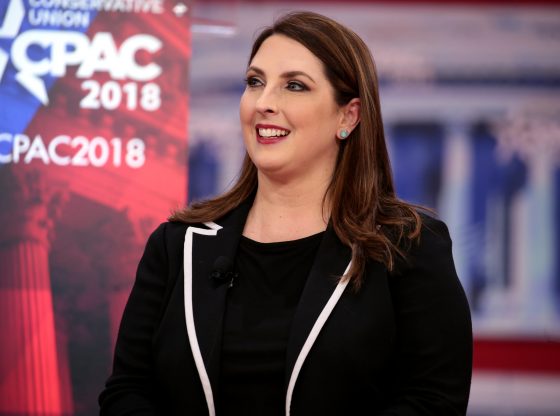The Republican National Committee (RNC) is preparing to change rules regarding future presidential debates. On Thursday, RNC officials sent a letter to the Commission on Presidential Debates (CPD) notifying them they intended to move forward with plans to require presidential candidates seeking the party’s nomination to sign a pledge to not participate in any debates sponsored by CPD.
The CPD is a nonprofit commission founded by the two parties in 1987 to arrange the debates as a permanent part of presidential elections. However, over the last years, the organization has been accused of favoring Democrat candidates despite claiming to be nonpartisan.
The New York Times reports:
The change requiring candidates to refuse participation in the commission’s debates is to be voted on at the R.N.C. winter meeting in Salt Lake City in February. If the R.N.C. moves forward with it, it is unclear what that would mean for future debates. But it would change the approach to be similar to what happened before the commission existed, when the two parties or campaigns had to negotiate directly and agree on terms, or no debates would take place.
Mr. Fahrenkopf did not immediately respond to a request for comment. But commission officials have privately complained that R.N.C. leaders have conflated the processes around primary debates with those in the general election, which are the only ones the commission is involved with. They have also complained that the commission historically deals with campaigns and not with party committees.
The RNC cited scheduling concerns in its letter.
In 2020, more than one million ballots were cast before the first presidential debate on Sept. 29 that year, after some states changed their election rules because of the coronavirus pandemic and expanded both absentee and early voting. The party has been pushing the commission to host a debate before early voting begins in 2024.
Officials with the commission told the R.N.C. in December that one of the party’s demands in particular was unacceptable: having nonvoting representatives of either the R.N.C. or the Democratic National Committee at the commission’s board meetings. The commission wrote that it was still studying that and other concerns the R.N.C. had raised, including the choice of moderators, as part of its review before the 2024 campaign cycle.
The commission responded to the RNC’s letter that it will carefully review the suggestions however RNC chairwoman Ronna McDaniel accused the response of being designed to “delay any reform until it is too late to matter for the 2024 election.”











